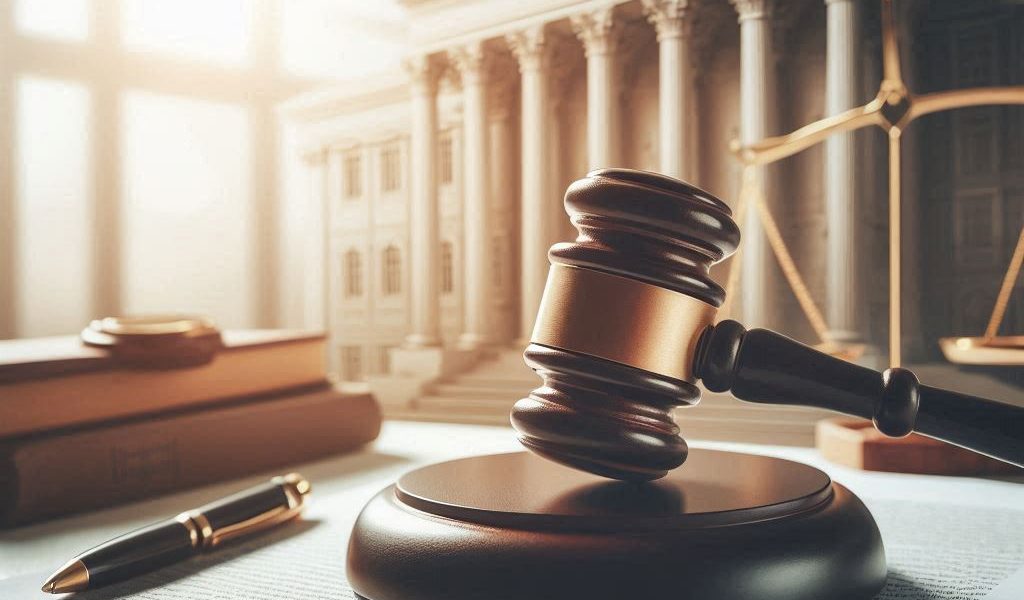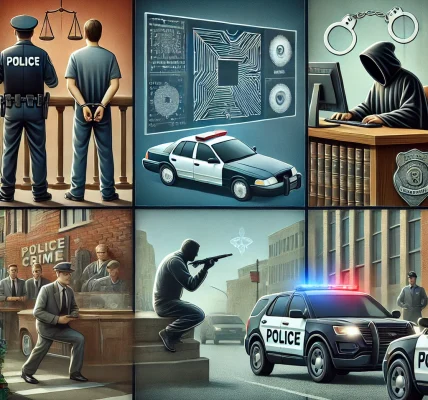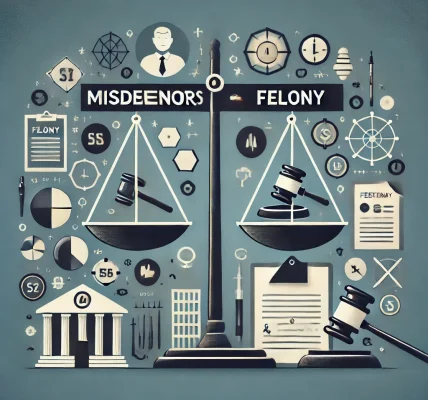Criminal cases can be a daunting experience for anyone, whether you’re facing charges or simply interested in understanding the legal system. It is crucial to be aware of the rights granted to individuals accused of a crime. These rights are not only safeguards for the accused but are also the cornerstone of a fair and just legal system. This post will explore the fundamental rights of the accused in a criminal case, ensuring that you understand your entitlements while keeping you informed without stepping into any legal pitfalls.
What Are the Rights of the Accused?
In most democratic countries, the justice system is designed to protect the rights of individuals, including those accused of a crime. The rights of the accused ensure that they are treated fairly and justly throughout the criminal proceedings. These rights are enshrined in law and are meant to ensure that the accused is not subjected to unfair treatment or punishment.
1. The Right to Be Informed of the Charges
One of the basic rights of anyone accused of a crime is the right to be informed of the charges against them. This is critical because the accused must understand the nature of the crime they are being accused of to mount an effective defense. Without this knowledge, it would be nearly impossible to present a credible argument or prepare for trial.
In legal terms, this is referred to as “notice of charges” and it must be communicated clearly and promptly. Whether it’s through a formal document or an official indictment, the accused should have adequate time to understand the charges and prepare their defense.
2. The Right to Legal Counsel
A cornerstone of criminal justice is the right to legal counsel. The accused has the right to consult with an attorney or legal representative before answering questions or entering a plea. If the accused cannot afford a lawyer, the state must provide one, ensuring that even those without financial means have access to a fair trial.
This right is crucial because a skilled attorney can help the accused navigate the complexities of the criminal justice system, protect their rights, and build a defense that may lead to a reduced sentence or acquittal.
3. The Right to Remain Silent
Another critical right of the accused is the right to remain silent. Under the principle of “Miranda rights,” individuals cannot be forced to testify against themselves. If they choose to remain silent, this cannot be used against them in court. This right is designed to prevent self-incrimination and ensures that individuals are not coerced into providing evidence that could harm their defense.
It’s important to note that exercising the right to remain silent does not imply guilt. In fact, it is a fundamental part of protecting an individual from self-incrimination.
4. The Right to a Speedy Trial
The right to a speedy trial is enshrined in law to ensure that the accused is not held in custody for an unreasonable length of time before their trial. This is crucial for several reasons, including the protection of the accused’s mental and emotional well-being, as well as ensuring that evidence is fresh and reliable.
While “speedy” may vary depending on the complexity of the case and the jurisdiction, the accused should not face undue delays. A prolonged delay can negatively impact the accused’s ability to mount an effective defense or cause unnecessary hardship.
5. The Right to a Fair and Impartial Jury
A critical right that ensures justice is the right to a fair and impartial trial. This means that the accused is entitled to have their case heard by a jury of their peers who have no preconceived notions about their guilt or innocence. A jury must be unbiased, and the process should be free of any influence or pressure from outside sources.
In some cases, the accused may choose to waive their right to a jury trial and opt for a bench trial, where the judge alone makes the final decision. However, in either case, the trial must be fair, impartial, and conducted in accordance with the law.
6. The Right to Confront Witnesses
The right to confront witnesses is another essential right of the accused. This means that the accused has the right to cross-examine witnesses presented by the prosecution. The defense can challenge the credibility, reliability, and consistency of the testimony to expose weaknesses in the case.
This right ensures that the accused has a fair opportunity to present a defense and helps in the pursuit of truth. By being able to confront witnesses, the accused can test the validity of the evidence being presented.
7. The Right to Be Tried in the Jurisdiction Where the Crime Was Committed
The accused also has the right to be tried in the jurisdiction where the crime was allegedly committed. This ensures that the trial takes place within a community familiar with the circumstances of the case, which can play a role in ensuring a fair process.
In certain instances, a change of venue may be requested if the accused feels that they cannot receive a fair trial due to local prejudice or other factors. However, this is typically only granted in extreme situations.
8. The Right Against Double Jeopardy
The right against double jeopardy ensures that the accused cannot be tried twice for the same offense. Once acquitted or convicted, the individual cannot be retried for the same crime, even if new evidence surfaces. This protects the accused from facing endless legal battles for the same offense, providing them with finality in the legal process.
9. The Right to Be Free from Cruel and Unusual Punishment
The right to be free from cruel and unusual punishment is protected under constitutional laws and international human rights standards. Even if the accused is convicted, the punishment must be proportional to the crime and should not involve unnecessary suffering or degradation.
This right ensures that individuals are not subjected to inhumane conditions or excessive sentences that go beyond what is fair and just.
10. The Right to Appeal
If convicted, the accused has the right to appeal the decision. This allows them to challenge any legal errors made during the trial process that could have influenced the verdict. An appeal is typically based on legal grounds, such as improper jury instructions, violation of rights, or ineffective assistance of counsel.
The right to appeal ensures that the legal system remains fair and that errors can be corrected before final punishment is imposed.
Conclusion: Protecting Your Rights in a Criminal Case
Understanding the rights of the accused is essential for anyone facing criminal charges or simply seeking to understand the legal system. These rights are designed to ensure fairness and justice, protecting the accused from unfair treatment while safeguarding the integrity of the criminal justice process.
If you or someone you know is facing criminal charges, it is vital to seek legal counsel immediately to ensure that these rights are protected. An experienced criminal defense attorney can guide you through the complexities of the legal system and help you understand the best course of action.
Remember, the criminal justice system is built on the principle that everyone is innocent until proven guilty. The rights of the accused are essential in maintaining this foundational concept and ensuring that justice is served for all.




